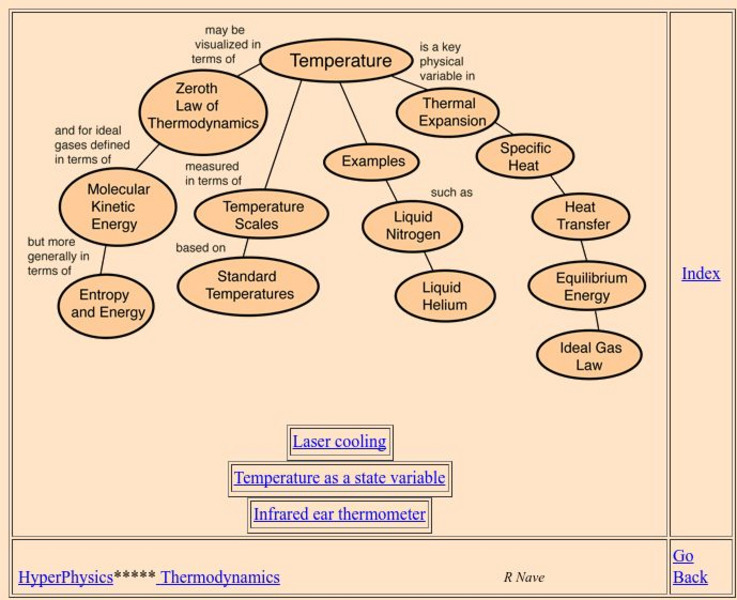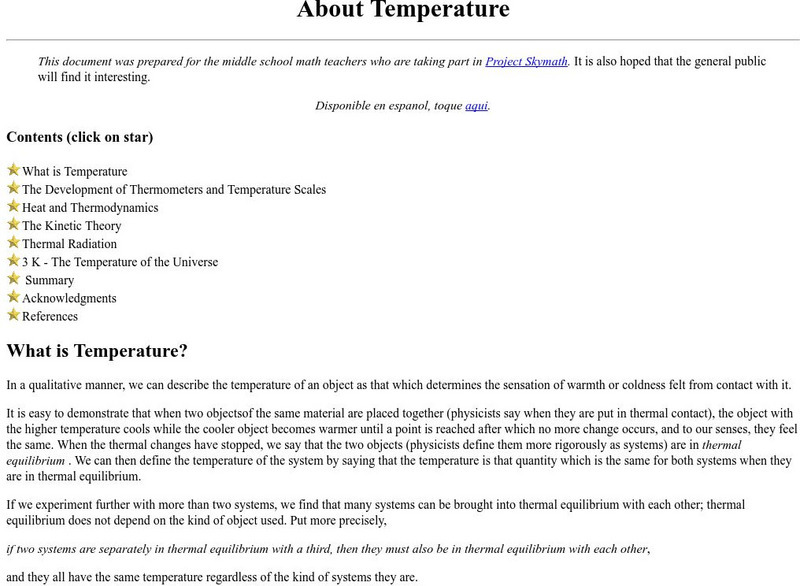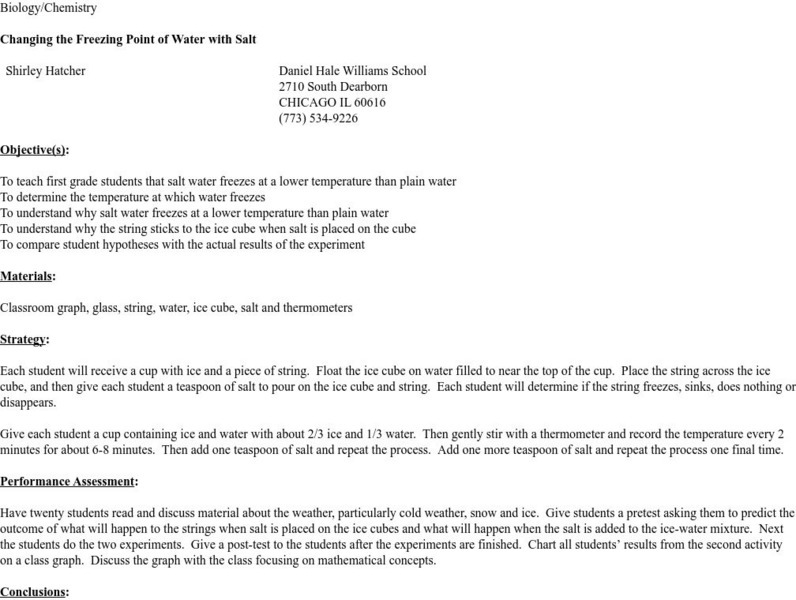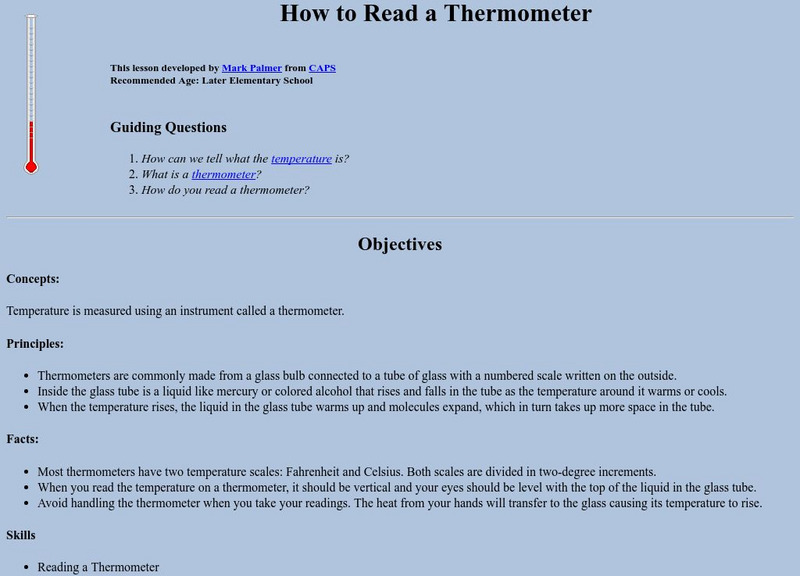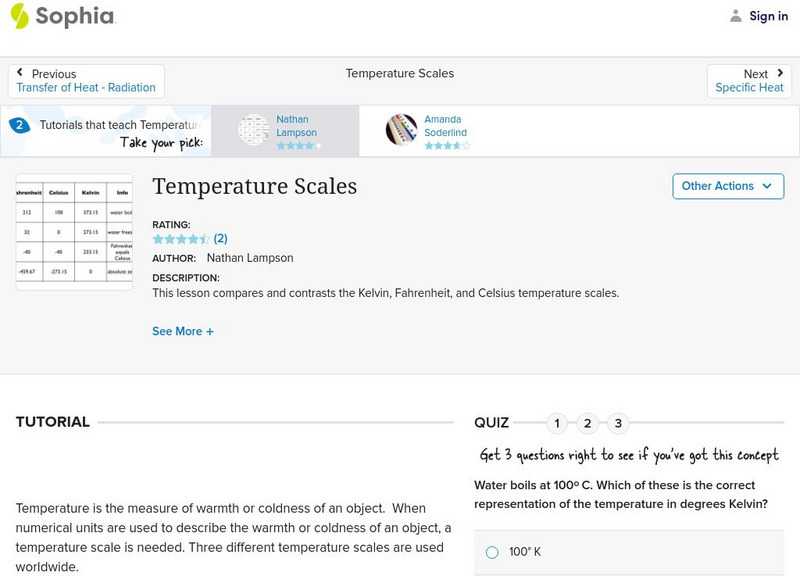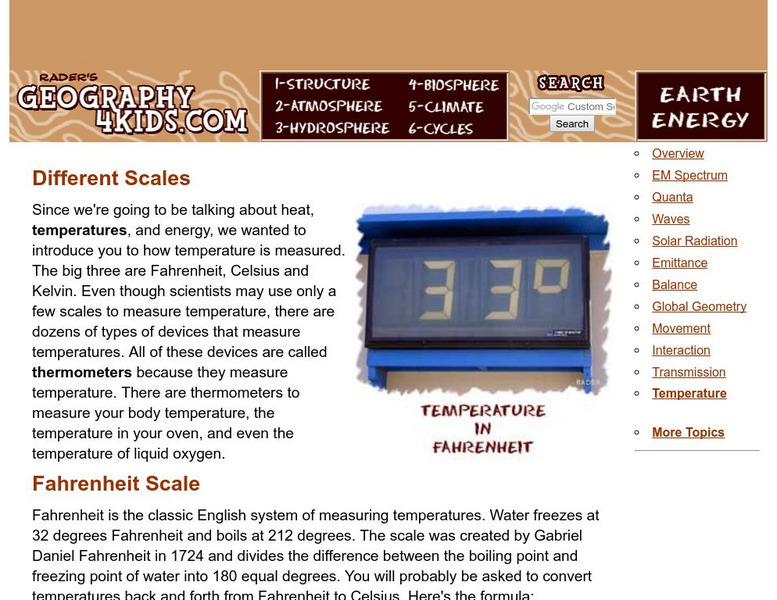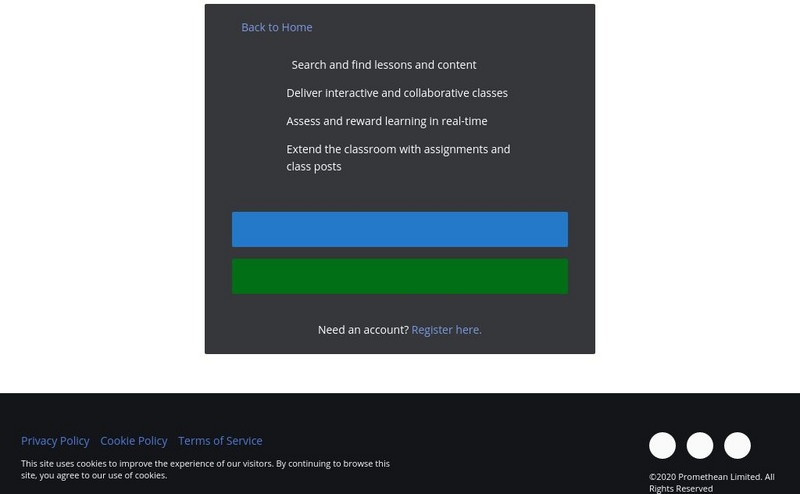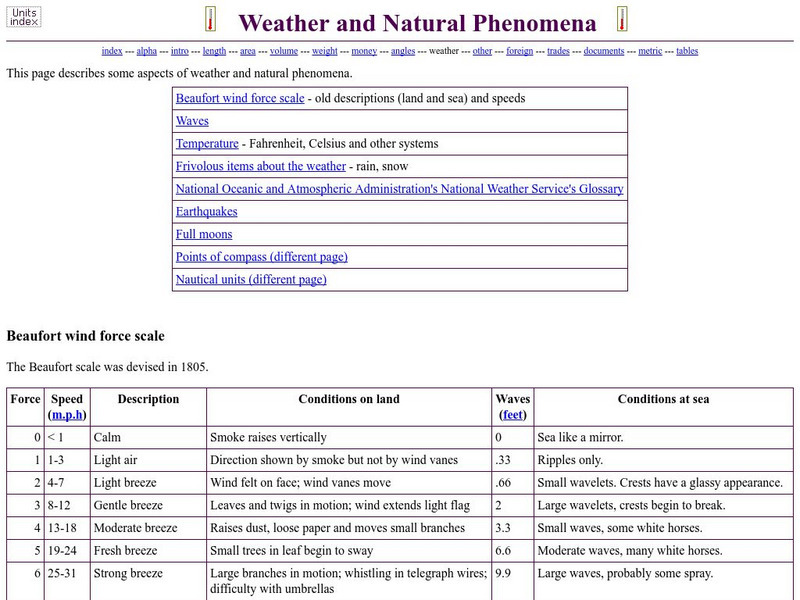Georgia State University
Georgia State University: Hyper Physics: Temperature Concepts
An indexing page which includes links to a wealth of pages detailing the conceptual meaning of temperature. A hypertext format allows the visitor to quickly gain access the desired information.
University Corporation for Atmospheric Research
Ucar: About Temperature
This site from the University Corporation of Atmospheric Research provides a lengthy page covering numerous topics including the difference between heat and temperature, the use of different temperature scales, thermal expansion, how a...
University of Colorado
University of Colorado: Physics 2000: Temperature and Absolute Zero
Another awesome page from the Physics 2000 site. Entertaining, interactive, educational, understandable. Explains the meaning of temperature and absolute zero. Discusses the temperature scales. Requires Java.
Science Struck
Science Struck: Types of Thermometers
Learn about the different types of thermometers, their applications, and how they work.
Science Struck
Science Struck: Who Invented the Thermometer?
Read about the history of the thermometer and the different types of thermometers and temperature scales that were invented.
University Corporation for Atmospheric Research
Ucar: What Is Weather?
Rain and dull clouds, windy blue skies, cold snow, and sticky heat? This site helps students learn more about weather and what causes it to change.
University of Illinois
University of Illinois Extension: Tree House Weather Kids: Seasons and Temperature: How Do We Measure Temperature?
Animated interactive teaches young researchers about scales and devices used to measure temperature.
BBC
Bbc Skillswise: Measuring: Temperature
Information about reading and comparing temperature in Fahrenheit and Celsius.
Cuemath
Cuemath: Temperature
The article explains temperature. Specifically, you will learn about the temperature scale, temperature scale conversions, and the types of instruments used to measure temperature. Included are solved examples and interactive problems...
New York University
New York University: Measurement of Energy
Provides information about the distinction between heat and temperature, and allows you to check your understanding through exercises. The Kelvin, Fahrenheit, and Celsius temperatures are compared and discussed.
Science and Mathematics Initiative for Learning Enhancement (SMILE)
Smile: Changing the Freezing Point of Water With Salt
This lesson plan teaches first grade students basic chemistry and physics principles--that saltwater freezes at a lower temperature that plain water.
Math Is Fun
Math Is Fun: Interactive Thermometer
An interactive thermometer shows temperature in both Celsius and Fahrenheit and "translates" the temperature you choose into real life situations, like "Fun in the Snow," "Nice Sunny Day," or "Boiling Water."
Michigan Reach Out
Michigan Reach Out!: How to Read a Thermometer
Basic lesson provided for by "Michigan Reach Out!" for students learning to read a thermometer.
Other
Science Made Simple: Temperature Conversions
Science Made Simple allows you to type in temperatures you want converted from one measurement scale to another.
Treehut
Suzy's World: How Does a Thermometer Work?
This site from Suzy's World and Suzy Cato explores what a thermometer is and how it works. Content includes some fun facts, an experiment, and a classroom activity.
US Navy
Naval Research Office: Ocean Water: Temperature Scales
For an overview of the four temperature scales, visit this site. General information is given about the scales including their boiling and melting points.
Sophia Learning
Sophia: Temperature Scales: Lesson 2
This lesson compares and contrasts the Kelvin, Fahrenheit, and Celsius temperature scales. It is 2 of 2 in the series titled "Temperature Scales."
Sophia Learning
Sophia: Temperature Scales: Lesson 1
This lesson compares and contrasts the Kelvin, Fahrenheit, and Celsius temperature scales. It is 1 of 2 in the series titled "Temperature Scales."
Geography 4 kids
Geography4 kids.com: Different Scales
In three scales and several different types of thermometers scientists can study the temperature of all things.
Ducksters
Ducksters: Physics for Kids: Temperature
Kids learn about temperature in the science of physics and the scales Celsius, Fahrenheit, and Kelvin. How to convert between temperature scales and about absolute zero.
ClassFlow
Class Flow: Temperature Heat and the Sun
[Free Registration/Login Required] In this lesson students are introduced to temperature, heat and solar radiation. Students learn the methods of measuring and converting temperature between different units and identifying factors which...
ClassFlow
Class Flow: Keeping Warm
[Free Registration/Login Required] Through this unit children build their ideas about temperature as a measure of how hot or cold objects are and learn about thermal insulators as materials that can help to keep things warm or cool.
Math Slice
Math Slice: Cold Slice Special Test
An assessment tool for measurement concept, temperature. Only ten questions. Assessment is scored online providing students immediate feedback. Great as a quick assessment tool.
Other
Boiling and Freezing Point
This site provides an explanation behind why the boiling and freezing points for the Celsius, Kelvin, and Fahrenheit scales were chosen.


